My wife has a BFF at work. For the purposes of this article, we'll call her Kaylee – mainly because that's her name. Normally, one might refer to Kaylee as Heather's work wife, except that Kaylee is 23 and often refers to Heather as her work mom (which kind of makes me want to smack her – sorry, K – but that's all right). Anyway, I recently had the opportunity to spend some time with Kaylee, marking the first time I've hung out with a 23-year-old since I myself was in my early 20s. Why is this article-worthy? Because young twentysomethings get so much crap right now. They're painted with a broad brush that uses a horrifying color palette and I think it's a shame. I know this is only anecdotal – this is one 23-year-old among millions, if not billions. Spending time with her was delightful, though, and it changed my perspective.
1. Everybody Seems to Think 23-year-olds Are Stupid
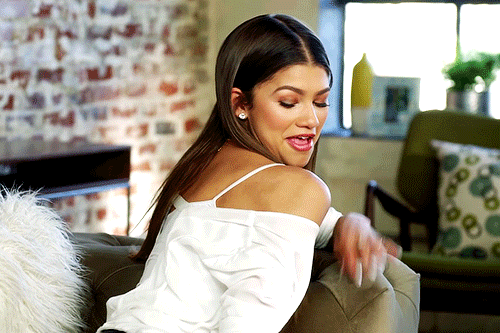 Actually, by today's standards, if you're younger than 25, you apparently don't know anything about anything.
Actually, by today's standards, if you're younger than 25, you apparently don't know anything about anything.
2. Or Inherently Lazy
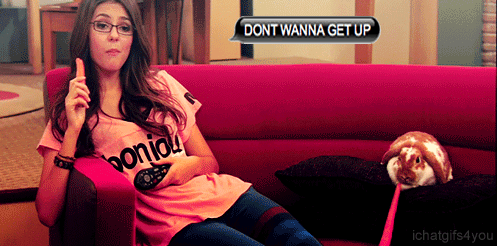 There's also this idea that all young twentysomethings are lazy and waiting for handouts.
There's also this idea that all young twentysomethings are lazy and waiting for handouts.
3. Or Just Generally Flaky and Unwilling to do Anything
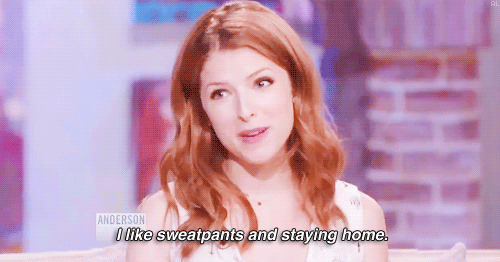 I hate to tell everybody this, but these traits are not restricted to 23-year-olds.
I hate to tell everybody this, but these traits are not restricted to 23-year-olds.
4. But They Hustle like Nobody's Business
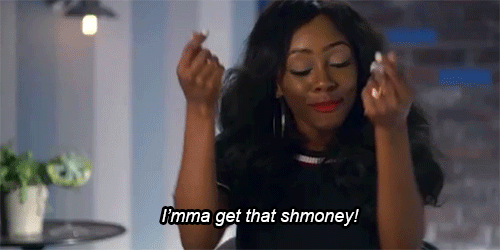 They have to, really, and they do it well.
They have to, really, and they do it well.
5. At the Same Time, They Have to Prove Themselves on the Daily
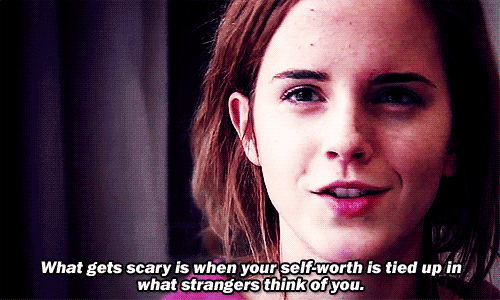 This is why they hustle – but that's not so different than being a person of color, a woman, or a woman of color.
This is why they hustle – but that's not so different than being a person of color, a woman, or a woman of color.
6. It's True That Young Twentysomethings Can Be a Little Chill
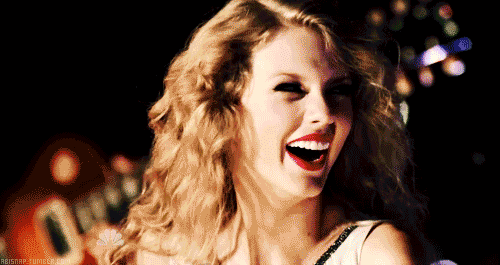 Just because they go with the flow, however, that doesn't mean that they don't take things seriously.
Just because they go with the flow, however, that doesn't mean that they don't take things seriously.
7. But Gradually, You Realize That You Were No Different at 23
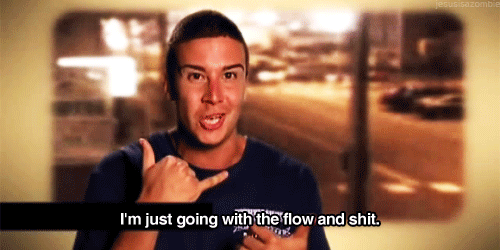 I basically did not care about ish between the ages of 21 and 24, tbh.
I basically did not care about ish between the ages of 21 and 24, tbh.
8. Today's Dating Scene is Way More Complicated than It Was a Decade Ago
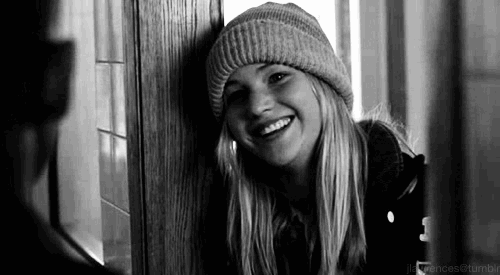 It's not just complicated, it's brutal – and frequently disgusting, and often threatening, and just generally messy, scary, and awful.
It's not just complicated, it's brutal – and frequently disgusting, and often threatening, and just generally messy, scary, and awful.
9. The Love/hate Relationship with Dating Apps is Definitely Not Buzzfeed Propaganda
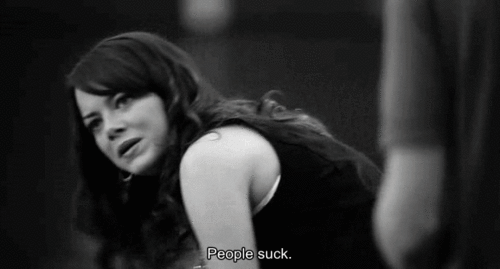 Watching women on Tinder shut down misogynistic asshats is definitely entertaining, but the phenomenon of the fuckboy is not a Buzzfeed myth or an urban legend.
Watching women on Tinder shut down misogynistic asshats is definitely entertaining, but the phenomenon of the fuckboy is not a Buzzfeed myth or an urban legend.
10. Blink-182 Was Correct: Nobody Likes You when You're 23
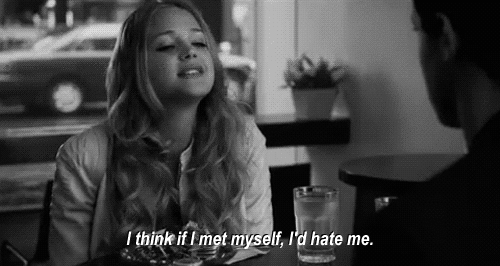 Everybody's got something to say (I myself referred to Kaylee as a fetus, but she laughed – annnd now I'm ashamed of myself).
Everybody's got something to say (I myself referred to Kaylee as a fetus, but she laughed – annnd now I'm ashamed of myself).
11. And Sometimes, Some 23-year-olds Take Themselves Too Seriously
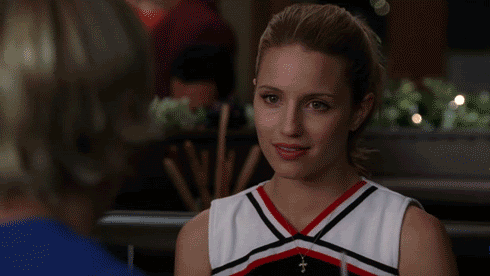 We all do that at some point – for example, I truly believe that I am very srs business.
We all do that at some point – for example, I truly believe that I am very srs business.
12. But Again, It's Because They Have to Prove Themselves Constantly
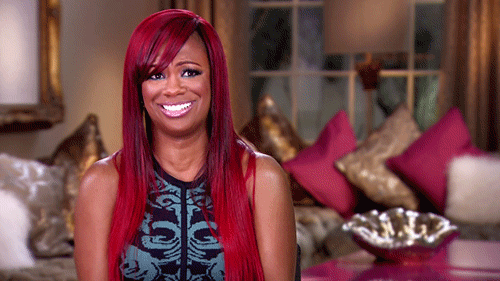 Just so that you don't keep thinking they're lazy, entitled, or somehow incapable of hard work.
Just so that you don't keep thinking they're lazy, entitled, or somehow incapable of hard work.
13. On a Purely Anecdotal Note, They Know Nothing about the '70s and '80s
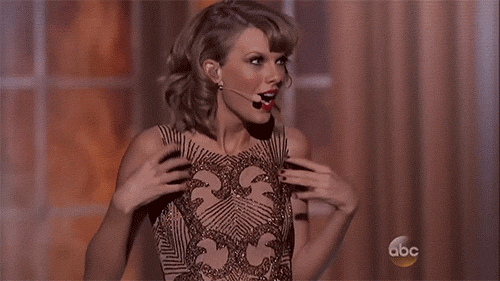 Seriously, though, we played some sad little version of Trivial Pursuit focused on those decades, and Kaylee didn't know anything – but then again, neither did my beautiful wife.
Seriously, though, we played some sad little version of Trivial Pursuit focused on those decades, and Kaylee didn't know anything – but then again, neither did my beautiful wife.
14. They're Caught Somewhere between ~that College Life~ and Professionalism
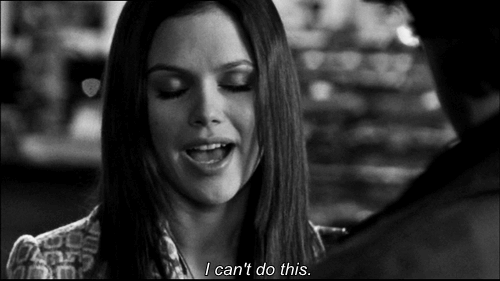 That is, they still want to have fun, go out, and party but they also want to present themselves as responsible professionals, and striking that balance can be difficult and draining.
That is, they still want to have fun, go out, and party but they also want to present themselves as responsible professionals, and striking that balance can be difficult and draining.
15. There's Sometimes a Struggle to Make Friends in the Workplace
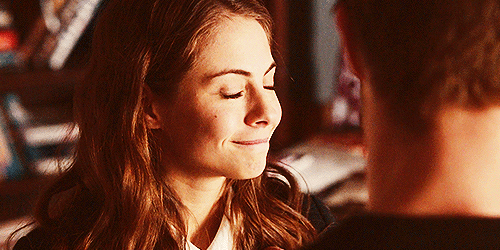 Well, it's hard to strike up a friendship with people who don't take you seriously.
Well, it's hard to strike up a friendship with people who don't take you seriously.
16. Mainly Because Their Colleagues Tend to Be Older
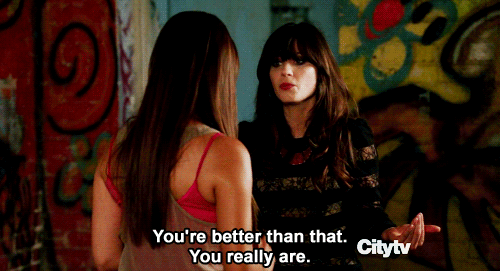 Unless you're used to having older friends, it's also hard to strike up friendships with people who are five, ten, fifteen, maybe even twenty years older than you.
Unless you're used to having older friends, it's also hard to strike up friendships with people who are five, ten, fifteen, maybe even twenty years older than you.
17. Meaning That They're Often Stuck in an Environment Where People Complain about Their Age Group
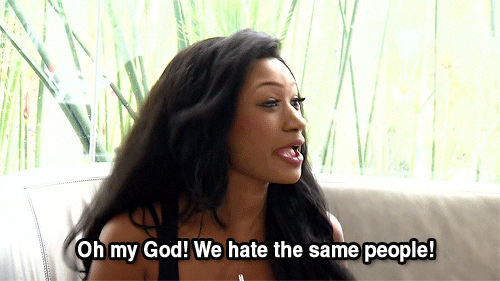 All. The. Time.
All. The. Time.
18. So There's This Adorable, Endearing Struggle to Find Things to Talk about
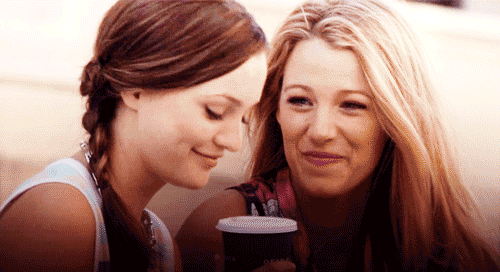 I really don't mean to sound pretentious or condescending here, either – I always think it's genuinely sweet to see someone trying so hard to talk to people with whom they don't have a lot in common.
I really don't mean to sound pretentious or condescending here, either – I always think it's genuinely sweet to see someone trying so hard to talk to people with whom they don't have a lot in common.
19. They Get Accused of Being Entitled All the Time
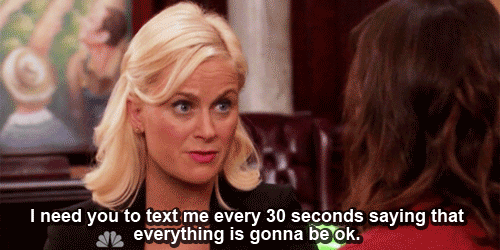 If you've ever read the comment sections of any articles devoted to this age group and millennials in general, you know this.
If you've ever read the comment sections of any articles devoted to this age group and millennials in general, you know this.
20. This is Usually Due to Their Desire to Get Ahead as Quickly as Possible
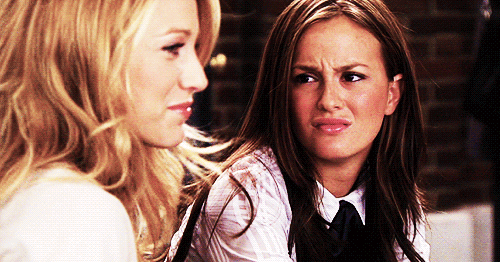 When you graduate college with crippling debt and have to deal with the paradox of needing experience to get a job when no one will hire you to give you experience, it's easy to understand why this age group is so eager to rise above entry level positions.
When you graduate college with crippling debt and have to deal with the paradox of needing experience to get a job when no one will hire you to give you experience, it's easy to understand why this age group is so eager to rise above entry level positions.
21. However, when They're Working Their Asses off to do That, They're Not Really Entitled
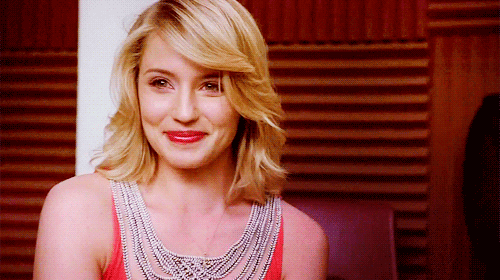 Yeah, being willing to work hard for something you want kind of proves that you don't believe you're entitled to it.
Yeah, being willing to work hard for something you want kind of proves that you don't believe you're entitled to it.
22. They're All about Body Positivity and Self-love
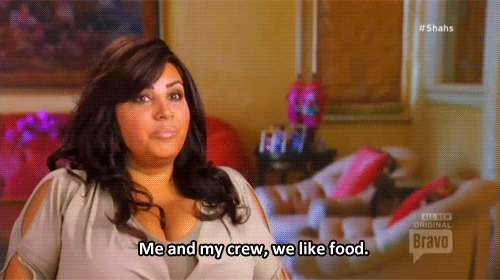 This generation as a whole is just on fire with self-love – as a whole, anyway – and that tends to extend to an open-mindedness and acceptance for so many other things.
This generation as a whole is just on fire with self-love – as a whole, anyway – and that tends to extend to an open-mindedness and acceptance for so many other things.
23. And They're Kind of over What Everyone else Thinks of 23-year-olds
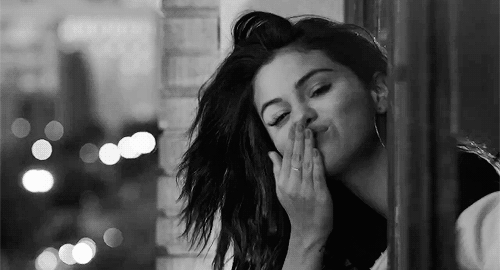 Honestly, can you blame them?
Honestly, can you blame them?
If there are any 23-year-olds out there, please weigh in. Hell, if you're younger than 25, I'd like to hear about the stereotypes you encounter from day-to-day.
Frequently Asked Questions
- What’s one key insight from hanging out with a 23-year-old?
- You learn the importance of balancing ambition with enjoying the present moment.
- How do 23-year-olds typically view career goals?
- They often focus on exploring passions while figuring out long-term plans.
- What can you learn about friendships at 23?
- Friendships at this age often teach the value of loyalty and supporting each other's growth.
- Do 23-year-olds handle stress differently?
- Yes, many are learning to manage stress through self-care and setting boundaries.
- How important is social media to a 23-year-old’s lifestyle?
- Social media is usually a big part of connection and self-expression but also a source of pressure.
- What’s a common mindset about finances at 23?
- Many are starting to understand budgeting and the importance of financial independence.
- How do 23-year-olds approach relationships?
- They often seek meaningful connections while also learning about personal boundaries.
- What can you expect about their lifestyle choices?
- There’s often a mix of experimentation and building habits that support health and happiness.
- What life lesson stands out when spending time with a 23-year-old?
- Embracing change and remaining adaptable is a key takeaway.
- How do 23-year-olds view personal growth?
- They usually see it as an ongoing journey filled with both challenges and exciting opportunities.